Serbia: Crisis impact and recovery
The priority for 2009 is weathering the economic crisis, which, together with the world economy’s recovery will impact on Serbia, say experts.
Wednesday, 31.12.2008.
09:37

The priority for 2009 is weathering the economic crisis, which, together with the world economy’s recovery will impact on Serbia, say experts. Traditionally, New Year is a time for picking the most successful, wealthiest, worst and most astute moves of the year. Serbia: Crisis impact and recovery It is a time when commercial and personal performance is reviewed, and plans are presented for the year ahead. B92 has looked into which event hit the financial sector hardest and what, in the opinion of economic experts, lies in store for Serbia next year. It is hard to say how much the general public was affected by the volatility of the dinar in 2008. The year began with an exchange rate of RSD 80 to the euro, and will end at almost 90, despite, at one point, being down at RSD 75. Although the subjective feeling of an empty wallet and high bills might suggest otherwise, the Statistical Institute has calculated that inflation this year was under seven percent. For the majority of people, the key event of the year has been the global financial crisis, which, if forecasts are to be trusted, should continue well into next year too. “That’s one event that industry, as well as ordinary citizens and the state, have to come to terms with. For me, that’s the biggest event. I think it has somehow overshadowed all other events and I expect all the actors to participate and react in a serious manner,” says Jurij Bajec from the Economic Institute. If the measures adopted by the majority of world governments are anything to go by, the key question is not how high economic growth will fair, but whether we are facing a year—or a decade—of recession. Nor can the Serbian financial market hope to remain immune to world events. “All in all, the past year, in my opinion, wasn’t great, but what’s even trickier, is that it will turn out to be better than the one that’s coming. Because next year, the conditions for doing business will deteriorate at a number of levels. The world economic crisis will hit our export even harder next year,” says Mladjen Kovacevic from the Academy of Economic Sciences. “It’s all about adapting, cutting spending, slower growth, and adapting the economy to that other level. But, let’s look on the bright side: it’s also a chance to address real problems. To see how we can increase savings in our economy,” says Pavle Petrovic, a professor from the Economics Faculty. “When this crisis is over, it’ll be a chance to stand on healthier feet, meaning that our foreign deficit would be lower, export higher, savings higher, and we’d be standing on a sustainable path of economic growth,” he says. Some economists believe that there will be no massive upheavals, while others hope that the state will find a way to apply mechanisms for saving jobs, keeping the dinar stable, and keeping the inflation rate in single figures. One bit of good news, according to market indicators, is that oil, gas metal prices will continue to fall, though it is uncertain whether this will reflect on prices in Serbia. Nevertheless, economists agree, the New Year will bring profound changes and a transformation of the economic scene.
Serbia: Crisis impact and recovery
It is a time when commercial and personal performance is reviewed, and plans are presented for the year ahead. B92 has looked into which event hit the financial sector hardest and what, in the opinion of economic experts, lies in store for Serbia next year.It is hard to say how much the general public was affected by the volatility of the dinar in 2008.
The year began with an exchange rate of RSD 80 to the euro, and will end at almost 90, despite, at one point, being down at RSD 75.
Although the subjective feeling of an empty wallet and high bills might suggest otherwise, the Statistical Institute has calculated that inflation this year was under seven percent.
For the majority of people, the key event of the year has been the global financial crisis, which, if forecasts are to be trusted, should continue well into next year too.
“That’s one event that industry, as well as ordinary citizens and the state, have to come to terms with. For me, that’s the biggest event. I think it has somehow overshadowed all other events and I expect all the actors to participate and react in a serious manner,” says Jurij Bajec from the Economic Institute.
If the measures adopted by the majority of world governments are anything to go by, the key question is not how high economic growth will fair, but whether we are facing a year—or a decade—of recession.
Nor can the Serbian financial market hope to remain immune to world events.
“All in all, the past year, in my opinion, wasn’t great, but what’s even trickier, is that it will turn out to be better than the one that’s coming. Because next year, the conditions for doing business will deteriorate at a number of levels. The world economic crisis will hit our export even harder next year,” says Mlađen Kovačević from the Academy of Economic Sciences.
“It’s all about adapting, cutting spending, slower growth, and adapting the economy to that other level. But, let’s look on the bright side: it’s also a chance to address real problems. To see how we can increase savings in our economy,” says Pavle Petrović, a professor from the Economics Faculty.
“When this crisis is over, it’ll be a chance to stand on healthier feet, meaning that our foreign deficit would be lower, export higher, savings higher, and we’d be standing on a sustainable path of economic growth,” he says.
Some economists believe that there will be no massive upheavals, while others hope that the state will find a way to apply mechanisms for saving jobs, keeping the dinar stable, and keeping the inflation rate in single figures.
One bit of good news, according to market indicators, is that oil, gas metal prices will continue to fall, though it is uncertain whether this will reflect on prices in Serbia.
Nevertheless, economists agree, the New Year will bring profound changes and a transformation of the economic scene.




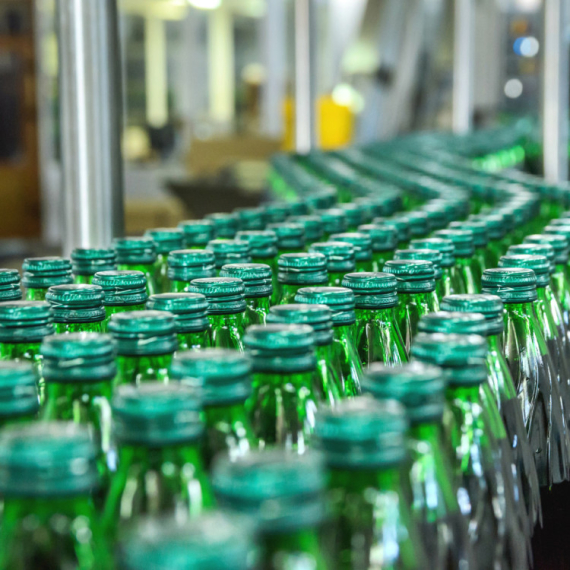










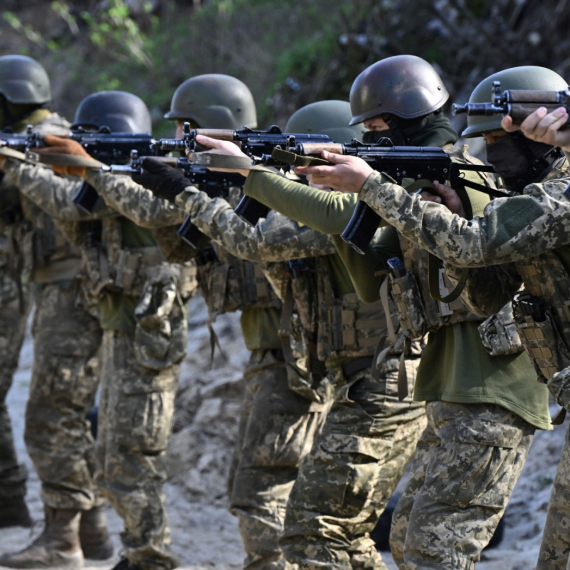
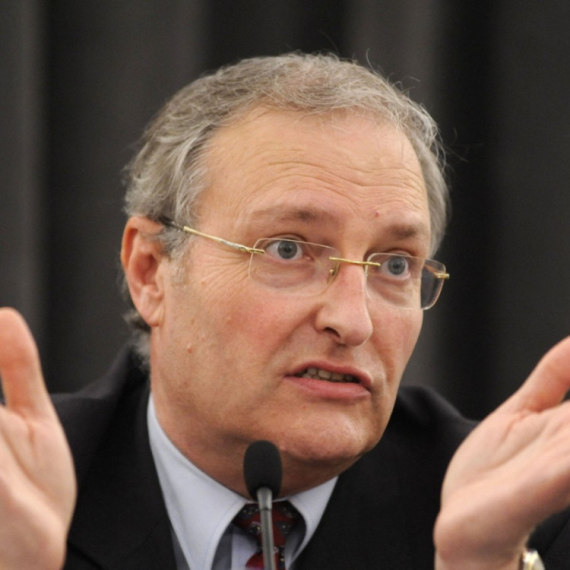
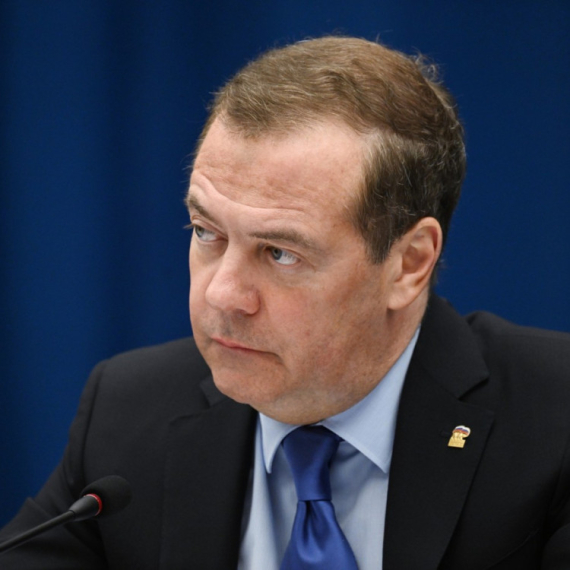
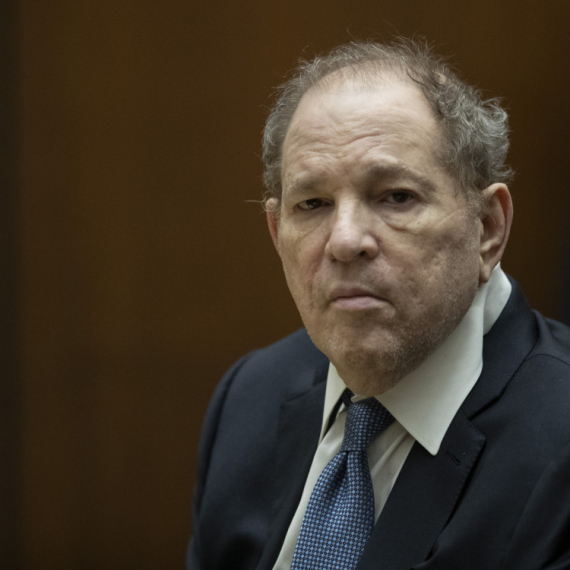
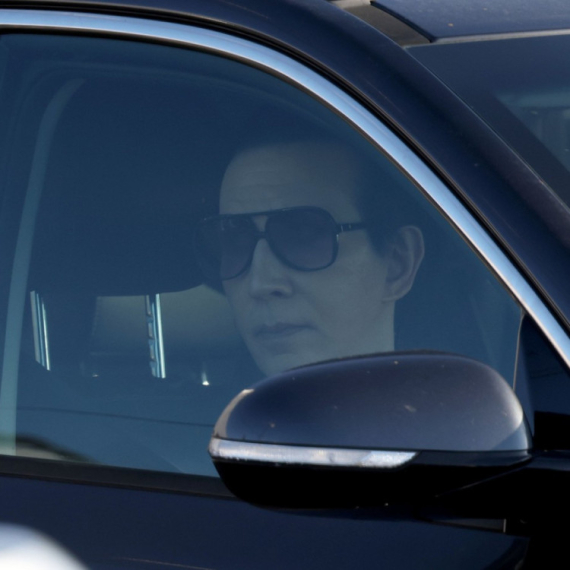


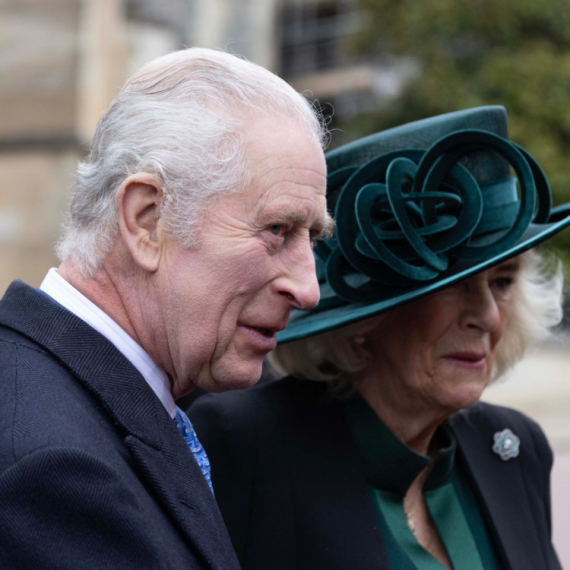






























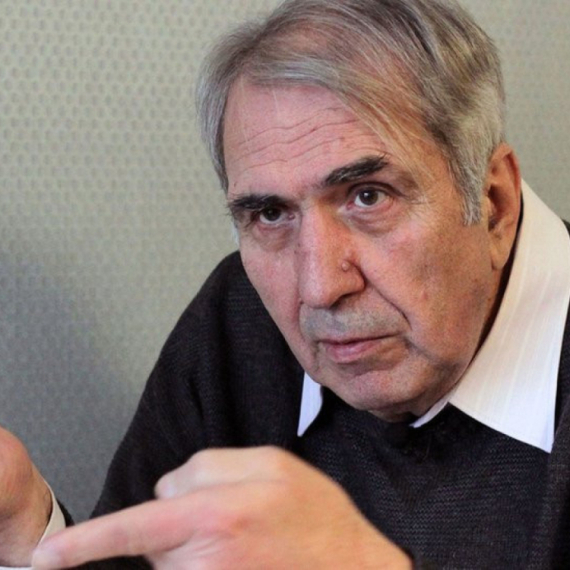
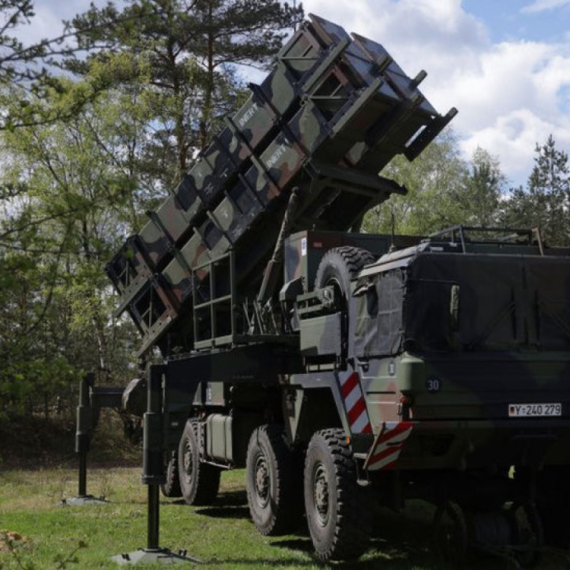

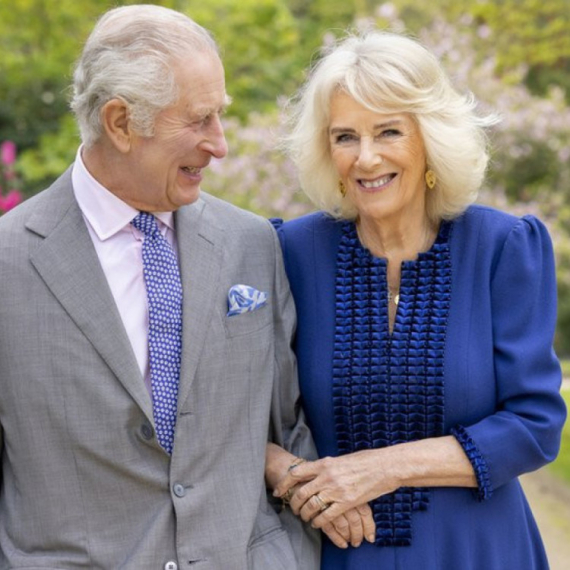


Komentari 0